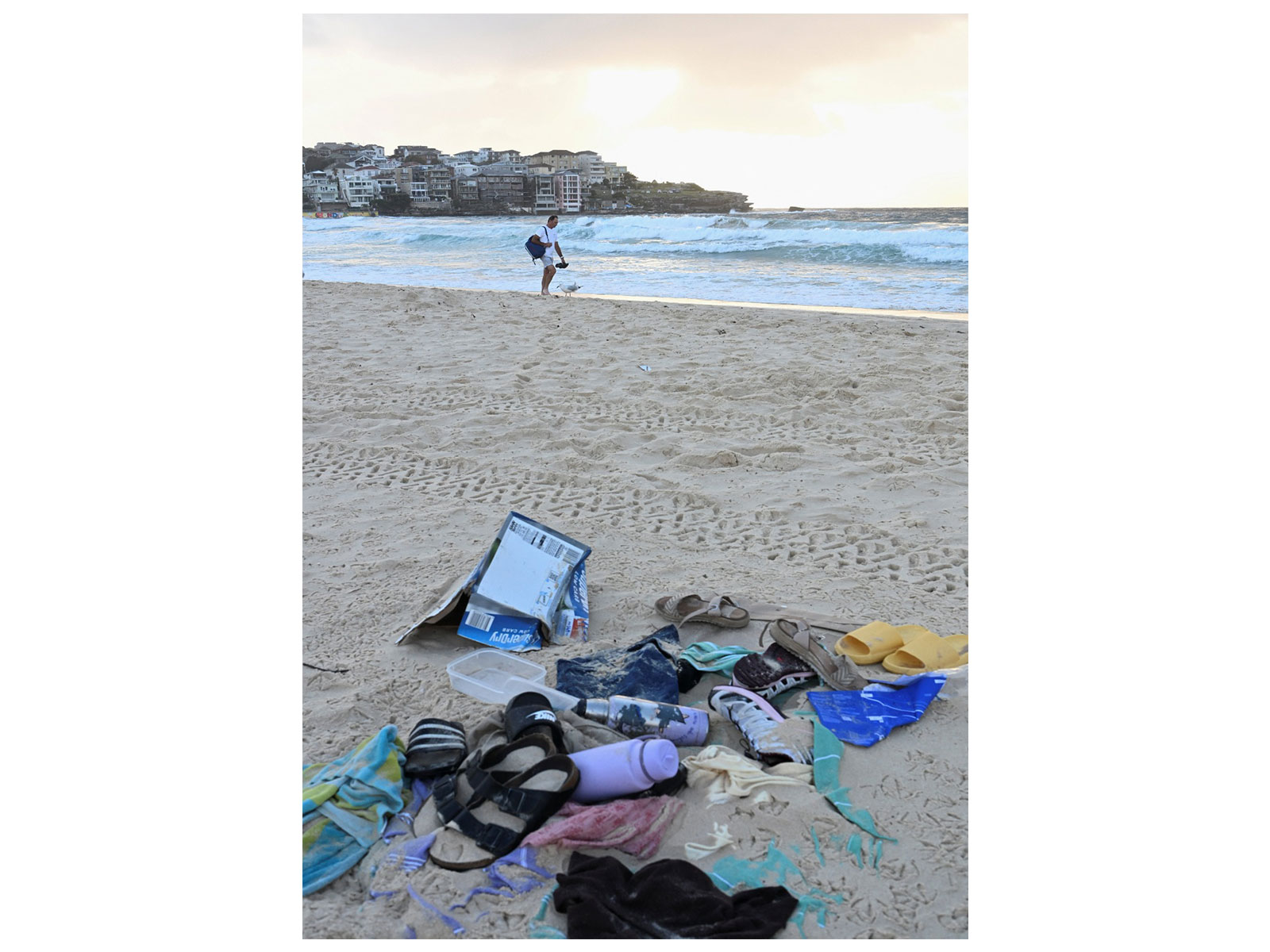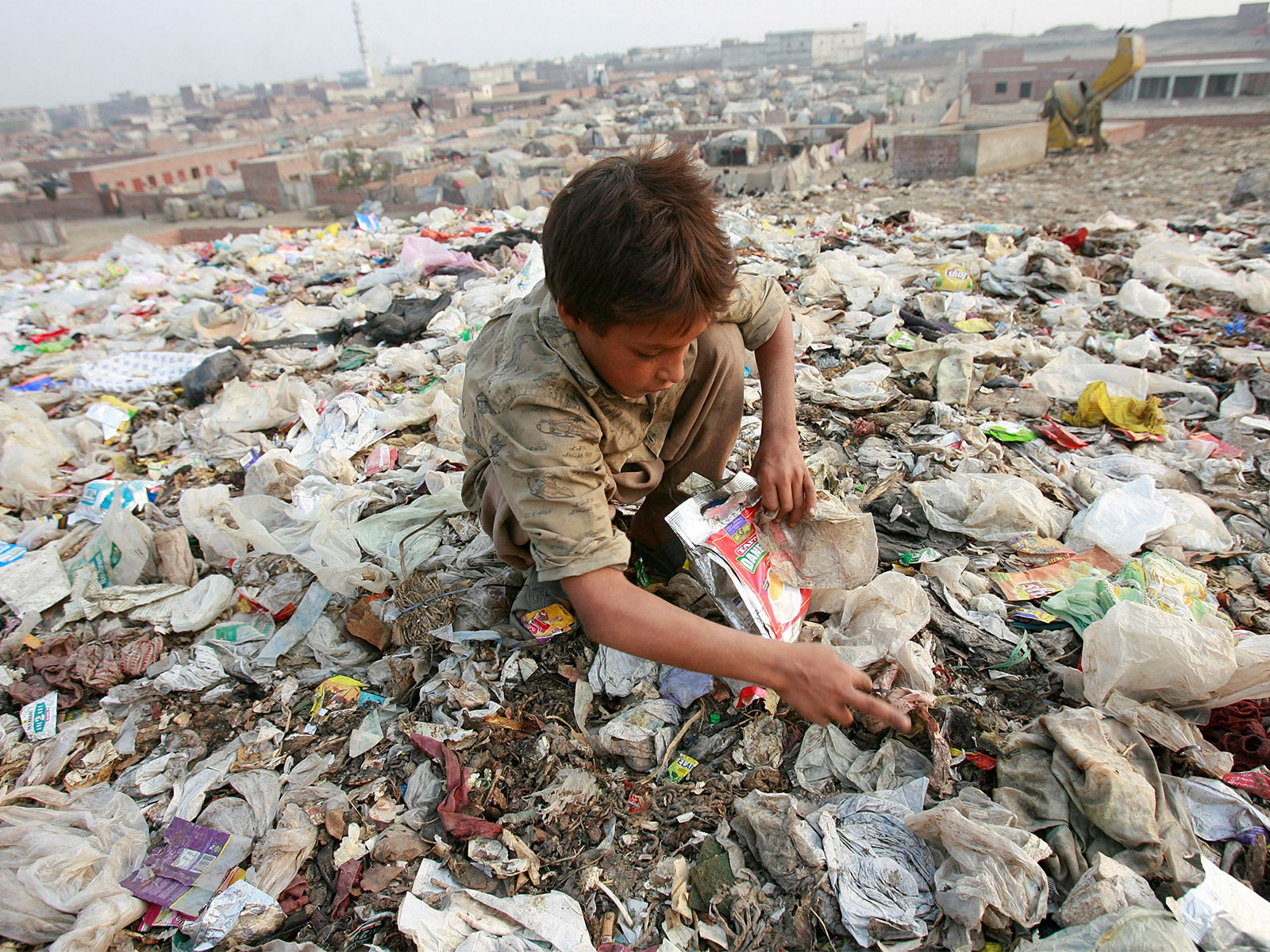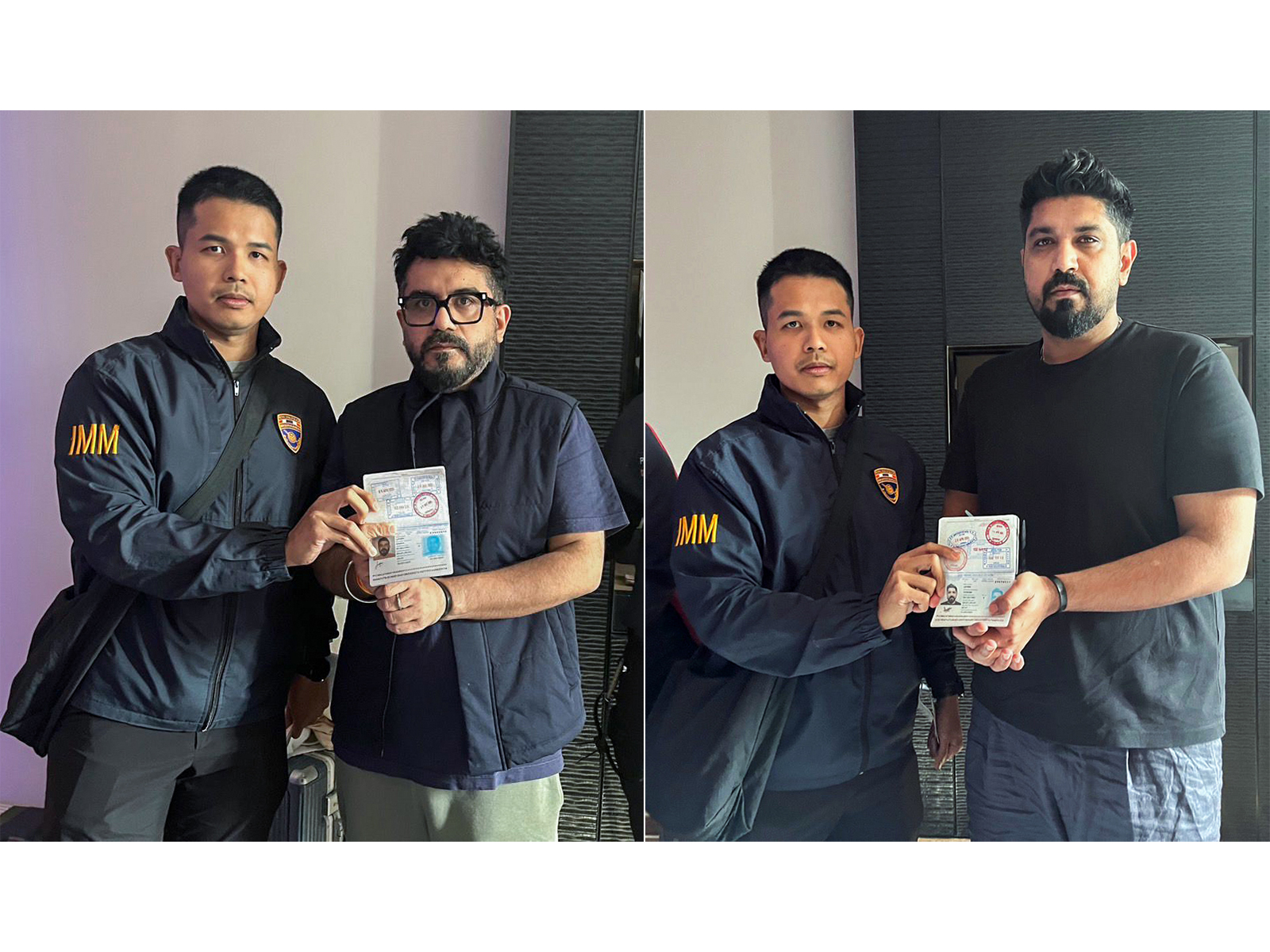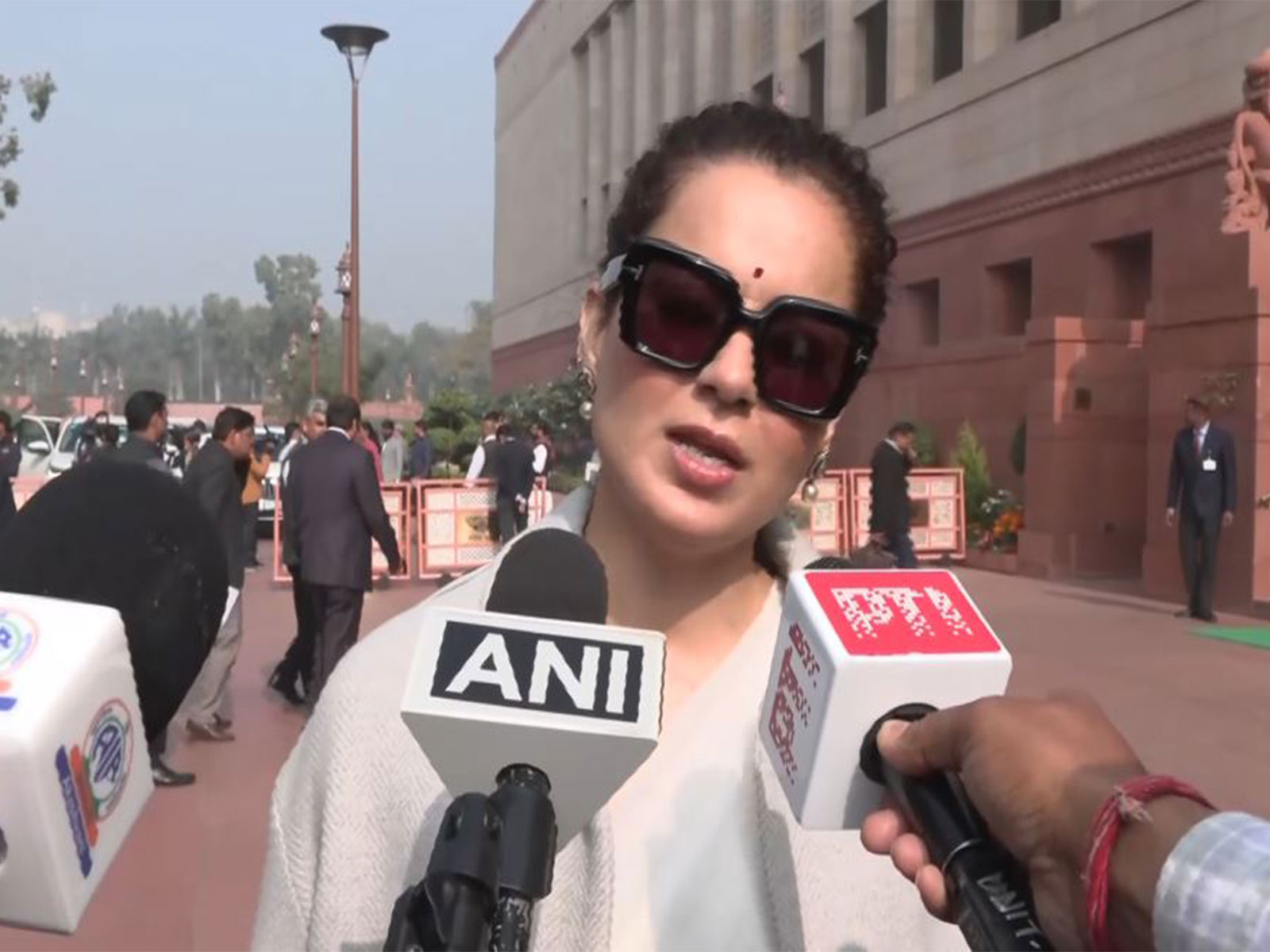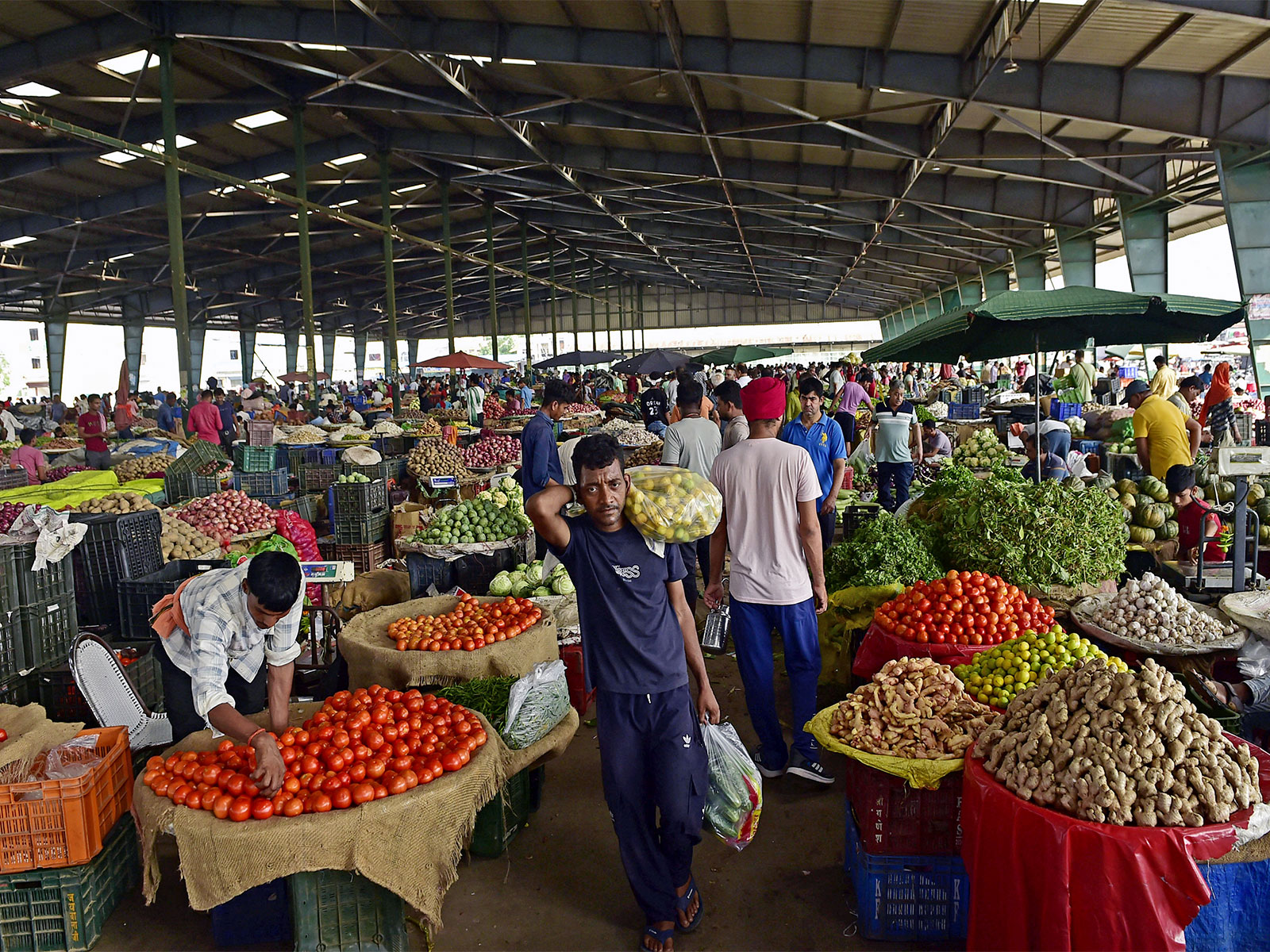India supports UNSC resolutions giving extension for Syria cross-border aid
Jul 12, 2022

New York [US], July 12 : India on Tuesday welcomed the adoption of the resolution by the United Nations Security Council (UNSC) on extending authorization of humanitarian assistance to Syria through the Bab-Al Hawa crossing.
During the adoption of Syria's humanitarian resolution for the renewal of cross-border operations, India's Deputy Permanent Representative to the UN Ambassador R. Ravindra said, "Today's adoption will reassure nearly 4 million people in the northwest of Syria, 2.7 million of whom are IDPs, many of whom are women and children.'
"At the same time, we should not lose sight of the fact that more than 14.5 million people across Syria need humanitarian assistance in one form or the other, with essential food items and fuel in short supply. Food insecurity has reached historic highs and an estimated 60 per cent of the population is food insecure, as per the UN," he added.
The Ambassador said that it is clear that a decisive forward movement on the political track in Syria remains an urgent imperative to alleviate the sufferings of its people.
"To realize this, all parties, particularly the external players need to display their commitment, in tangible terms, to a Syrian-led and Syrian-owned UN-facilitated political process in line with UN Security Council Resolution 2254," he continued.
India reiterated the call for enhanced and effective humanitarian assistance to all Syrians throughout the country without discrimination, politicization and preconditions.
"While cross-border operations are predictable and important, they cannot continue to exist in perpetuity. Concrete steps need to be taken to address the hurdles that are obstructing the functioning of cross line operations," he said.
The Ambassador noted that humanitarian assistance cannot be a matter of political expediency. The envoy noted that linking humanitarian and developmental assistance with the progress in the political process will only exacerbate the humanitarian suffering and should be avoided.
"International community also needs to constructively look at promoting projects, which will bring much-needed jobs and economic opportunities for the Syrian people. Similarly, early recovery projects which help Syrian people to move in a direction of self-sustenance, need a realistic basis to move forward."
In conclusion, the Ambassador reiterated that India is committed to supporting the people of Syria in their endeavour for seeking lasting peace and stability.
Notably, the current UN Security Council's exceptional authorization for humanitarian aid delivery through the last remaining border crossing into northwest Syria expires on July 10.
As the country faces its worst economic and humanitarian crisis since the start of the conflict, the international community must safeguard existing, life-saving cross-border assistance and increase their funding pledges to support this aid, read the UN Human Rights Office of the High Commissioner in its press release in May.
In opposition-held northwest Syria, humanitarian conditions are deteriorating due to the ongoing hostilities and a deepening economic crisis. Some 4.1 million people there rely on aid to meet their basic needs, and 80 per cent of them are women and children.
Through the cross-border operations authorized by the Security Council, aid reaches around 2.4 million of them every month. This lifeline is vital to the population in northwest Syria. While some aid is delivered cross-line from within Syria, these deliveries contain much smaller, insufficient quantities and are exposed to attacks along a dangerous delivery route that crosses active front lines.
The UN Syria Commission also pointed to the alarming trajectory of consistent narrowing of the cross-border humanitarian aid delivery. The Security Council first adopted a resolution in 2014, authorizing the delivery of assistance into Northern Syria through four border crossings, even without the Government of Syria's consent. Since 2020, three crossings have been excluded from the scope of the resolution, leaving Bab al-Hawa as the only remaining authorized border crossing.

